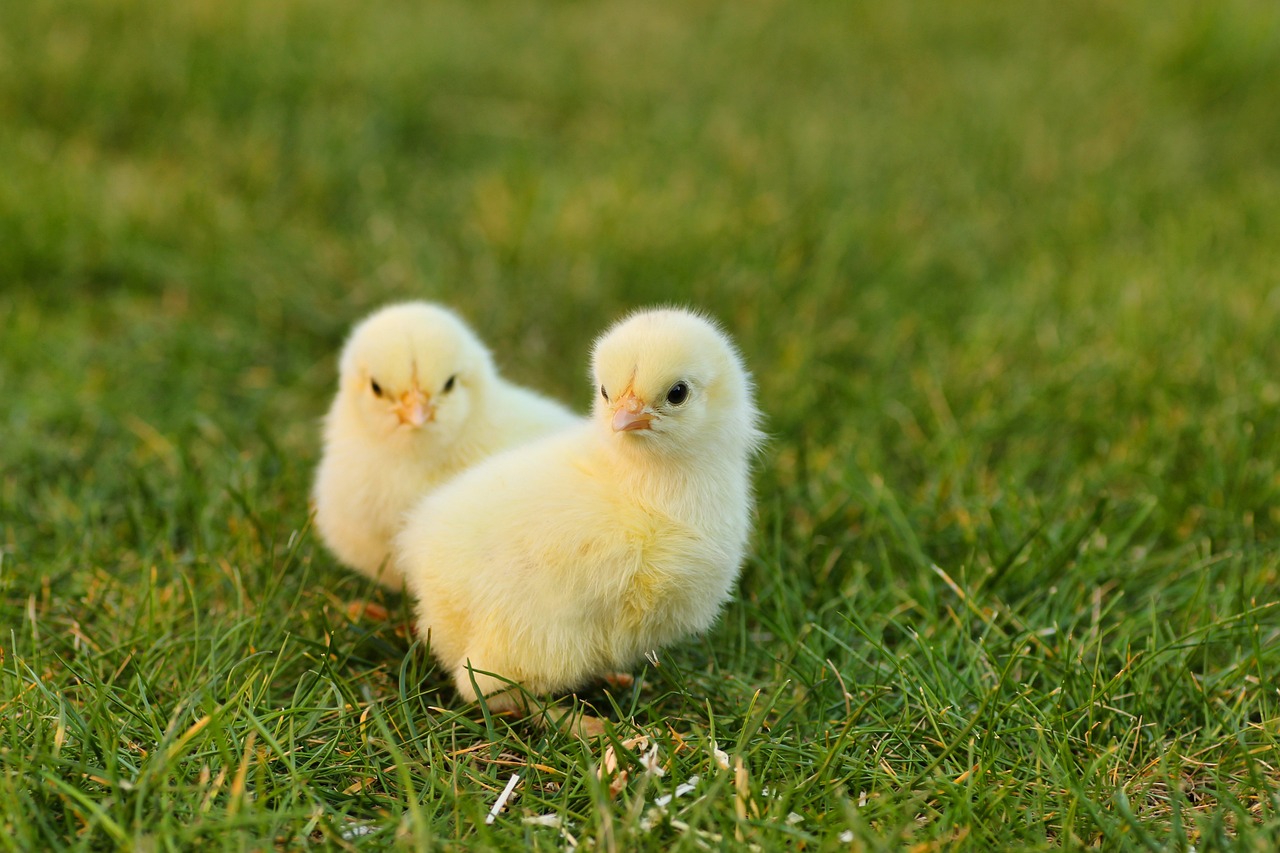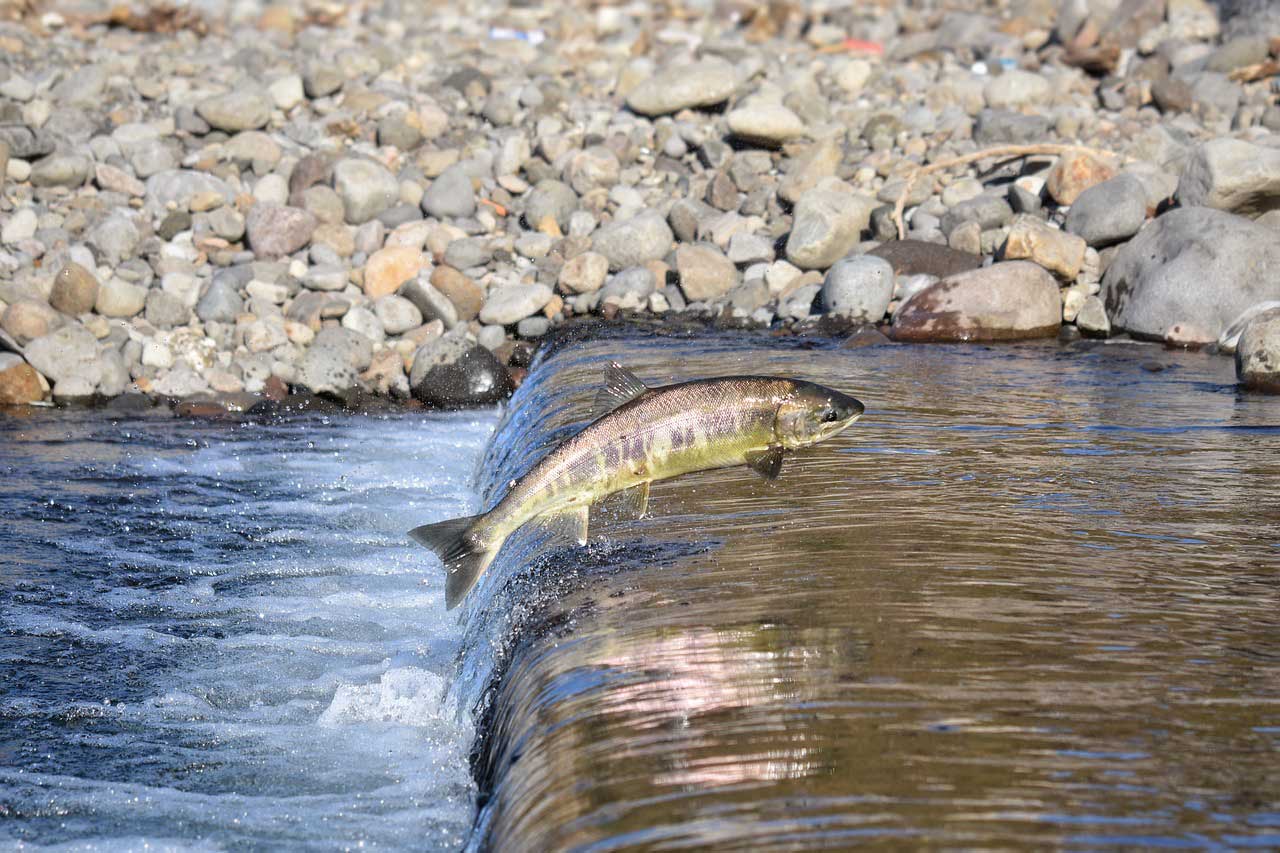These are among the Five Freedoms that define humane treatment for farm animals – standards supported by more than 90% of the public.
These freedoms represent what consumers expect from food companies, and while many leading food manufacturers have put policies in place to uphold the Five Freedoms in their supply chain, Gategroup continues to disregard these ethical benchmarks, serving food sourced from farms where animals endure unimaginable suffering.
From animals trapped in small cages for their entire lives, to animals being cut open while alive and fully conscious, Gategroup is allowing brutal torture in order to save a few pennies per meal.
These inhumane practices can contribute directly to serious health risks for consumers.
The excessive use of antibiotics in industrial poultry, pork and cattle farming is a leading cause of the development of antibiotic-resistant bacteria like Salmonella and E. coli, which can lead to severe illness in humans.
Contaminated meat and dairy products from sick animals further elevate the risks of food-borne diseases. Seafood raised in polluted waters can carry harmful toxins such as mercury.
By failing to prohibit these practices in its supply chain, Gategroup not only fails animals but also risks hurting public health.
It’s time for Gategroup to put policies in place that end these cruel and unsafe practices and ensure the Five Freedoms for Animals.
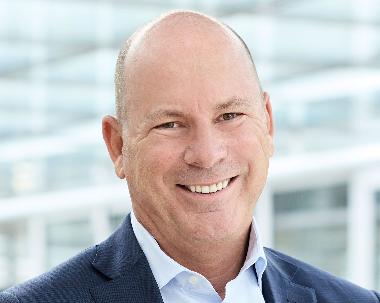

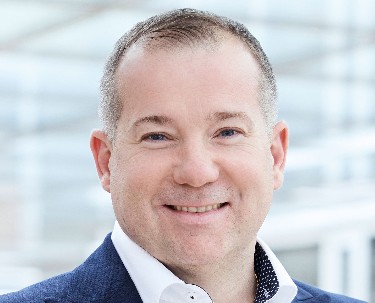
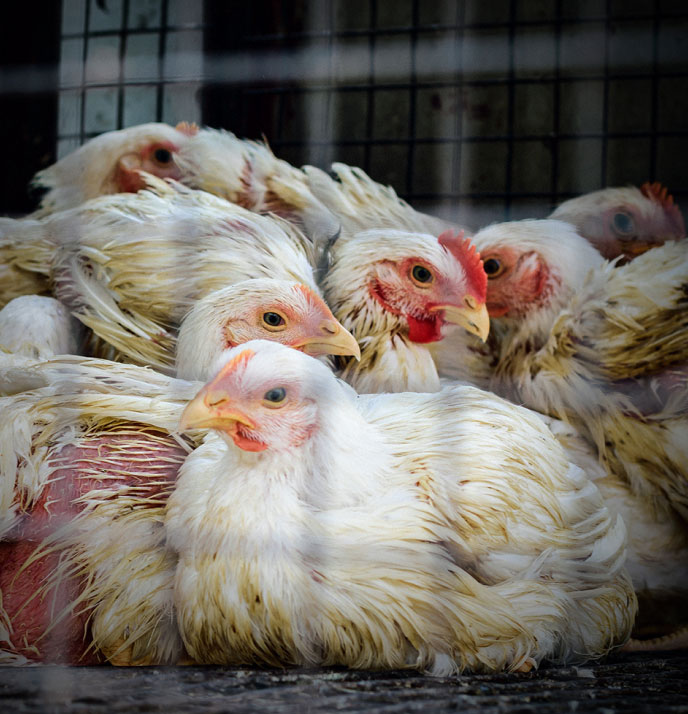
Chickens on industrial poultry farms, like those that supply Gategroup, are trapped in a life of misery from the moment they hatch.
Packed by the thousands into filthy, overcrowded shed, many birds are forced to stand in their own waste, leading to burns on their feet and chest. The ammonia from the waste fills the air, making it hard for birds to breathe, leaving many with painful respiratory issues.
On farms that supply Gategroup, chickens are bred to grow so unnaturally fast that their bodies balloon to sizes their bones cannot support. With legs buckling under their own weight they often collapse, unable to reach food or water.
Many die from heart failure or skeletal disorders before they can even be sent to slaughter.
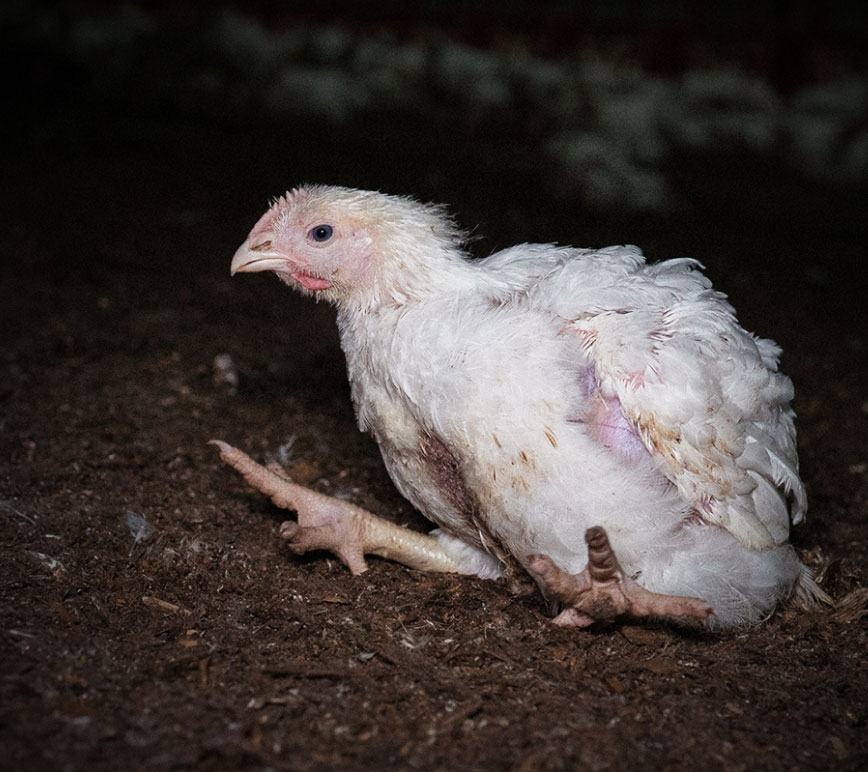
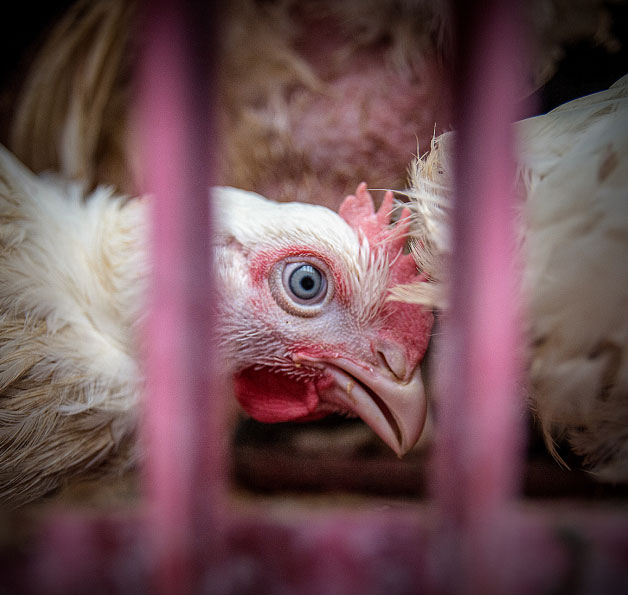
But for those that make it, the suffering only intensifies. Roughly handled and thrown into transport crates, chickens are often injured before they even reach the slaughterhouse. Many are still conscious when their throats are slit, left to bleed out in agony.
Their last moments are filled with fear, pain, and a complete absence of compassion.
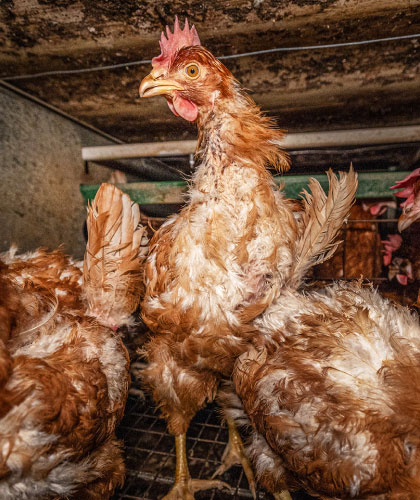
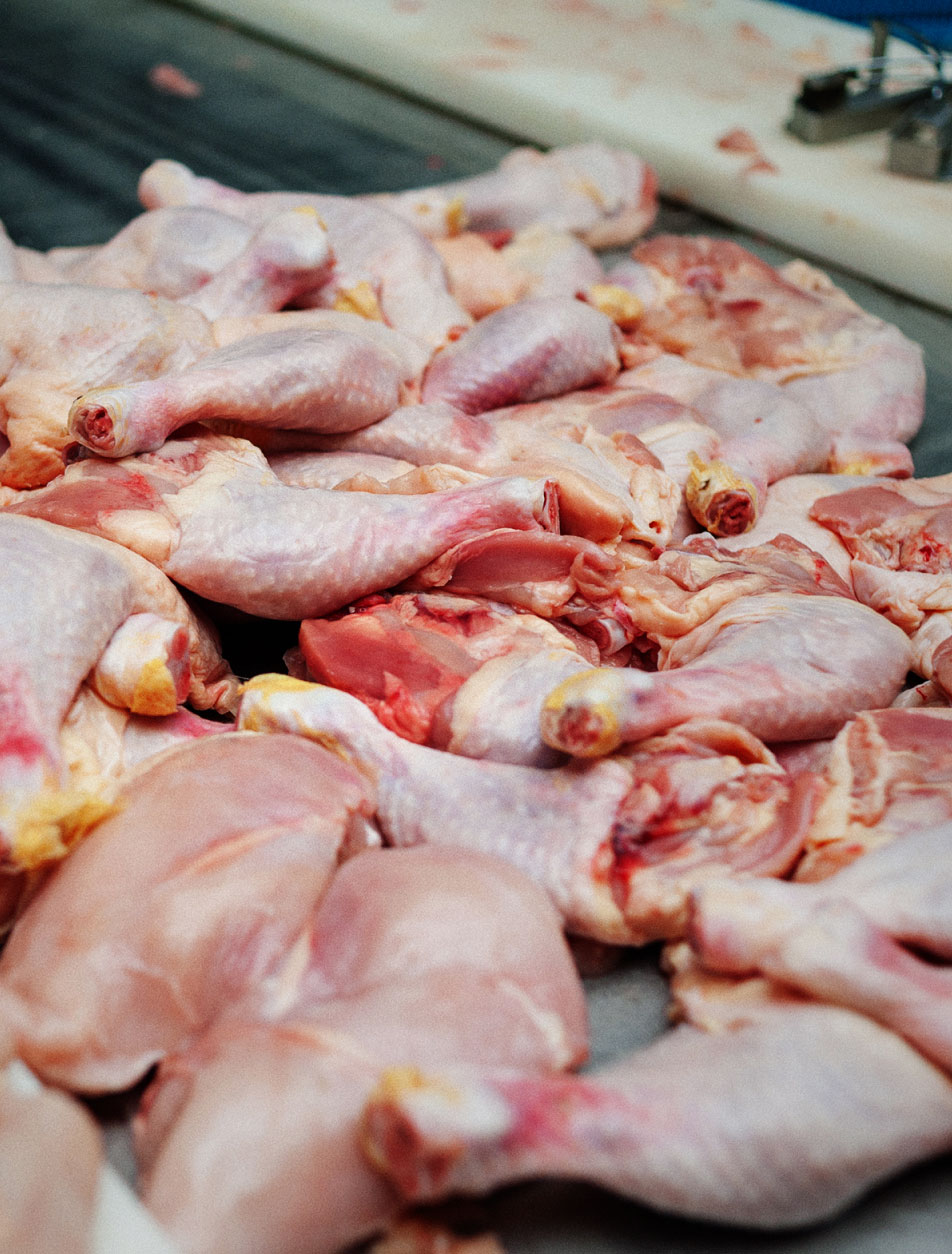
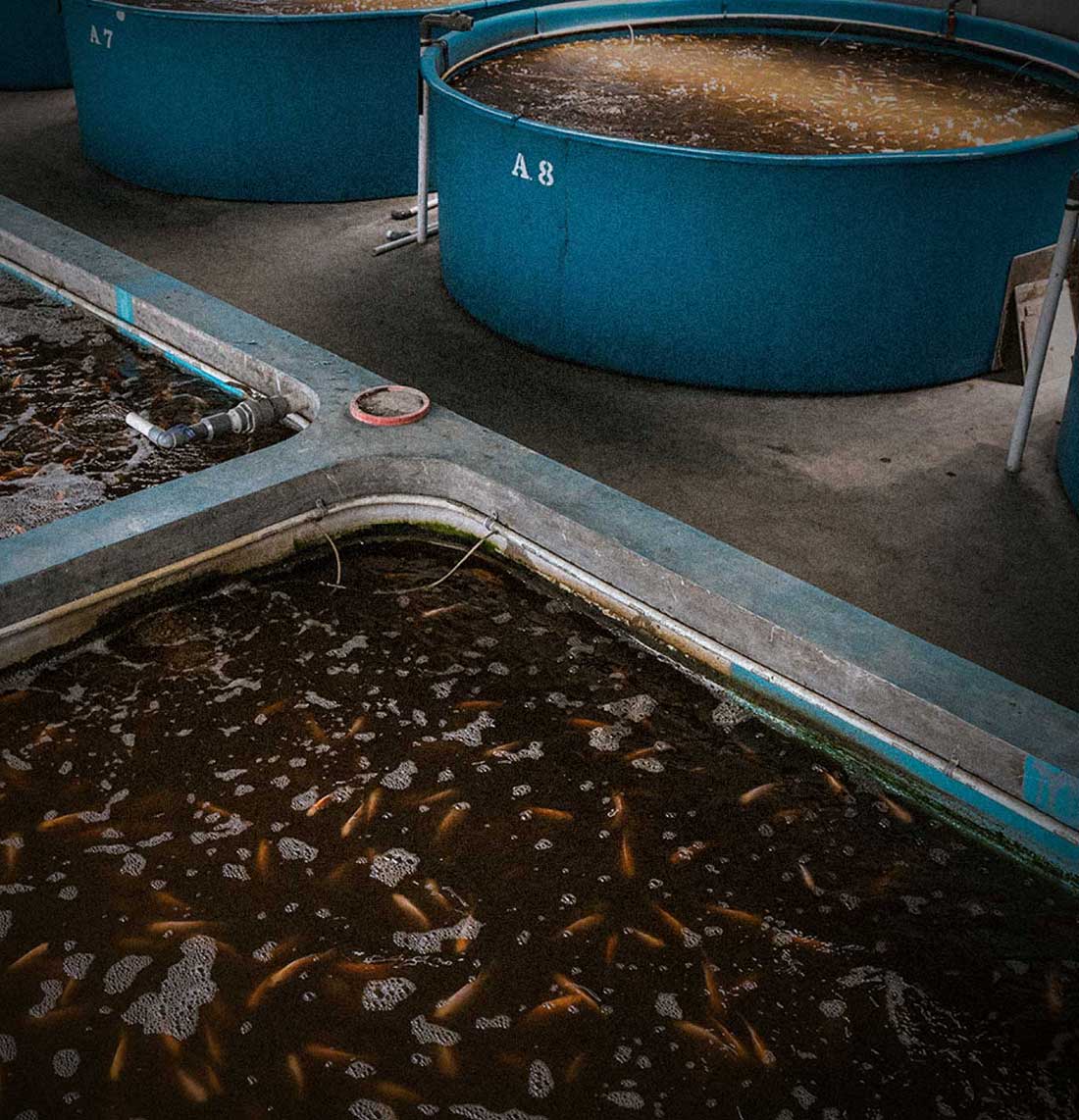
Fish and crustaceans in Gategroup’s supply chain can face a brutal existence.
At factory farm seafood facilities allowed in the Gategroup’s supply chain, animals can be packed into overcrowded, filthy waters where fish’s bodies can become riddled with deformities and open sores from sea lice and other irritants.
Disease is allowed to run rampant, with a large percentage of animals suffering to death from disease before even making it to slaughter.
Wild-caught fish in Gategroup’s supply chain face similar cruelty. Gategroup has no public policy prohibiting cruel and environmentally devastating capture methods from being used.
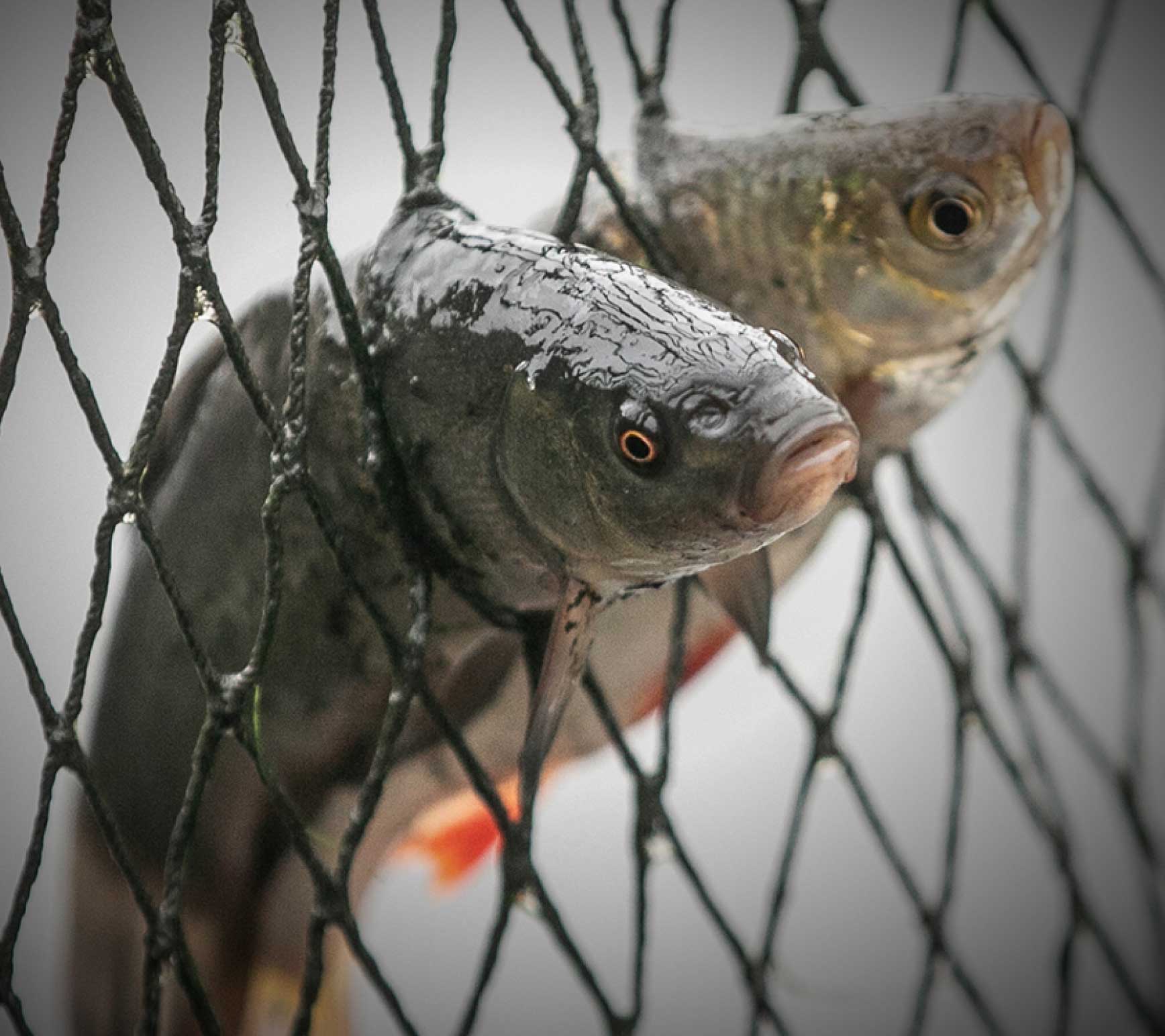
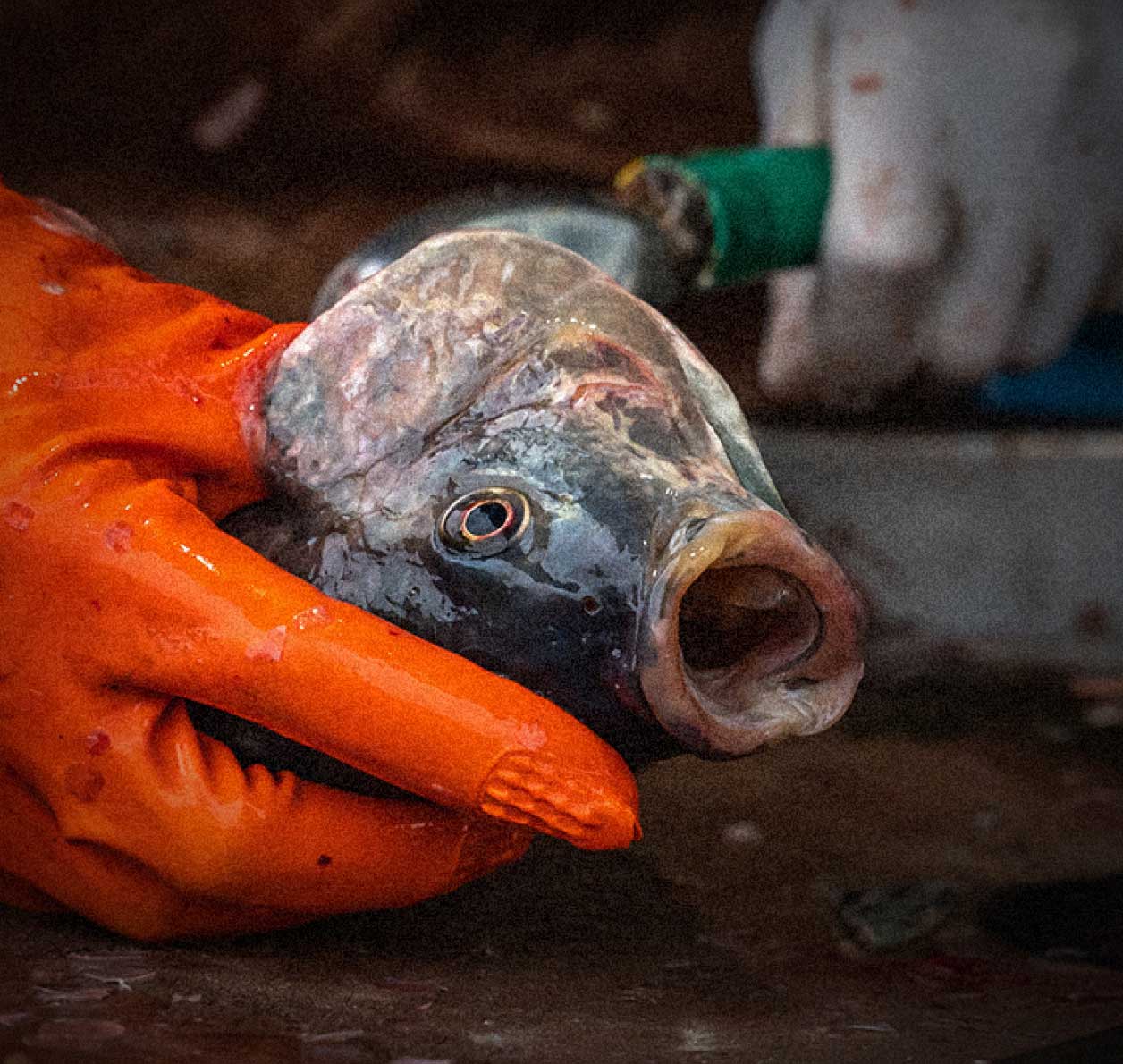
Methods such as trawling and longlining can kill large numbers of bycatch animals, damage local ecosystems, and lead to painful and prolonged suffering as animals linger for days jammed in nets or dangling on hooks.
The slaughter process is no less horrific. Gategroup allows its seafood suppliers to kill animals in the most brutal ways possible, including cutting them open while alive and fully conscious, cooking them while alive and fully conscious, slowly asphyxiating them, or beating them to death.
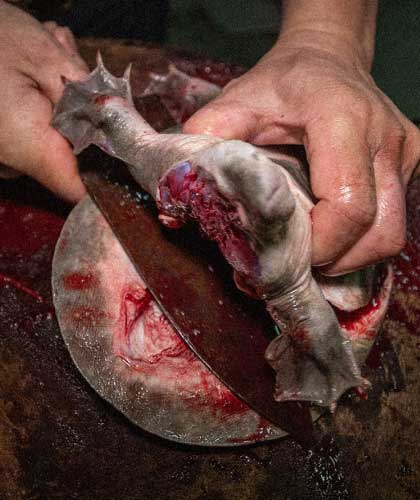
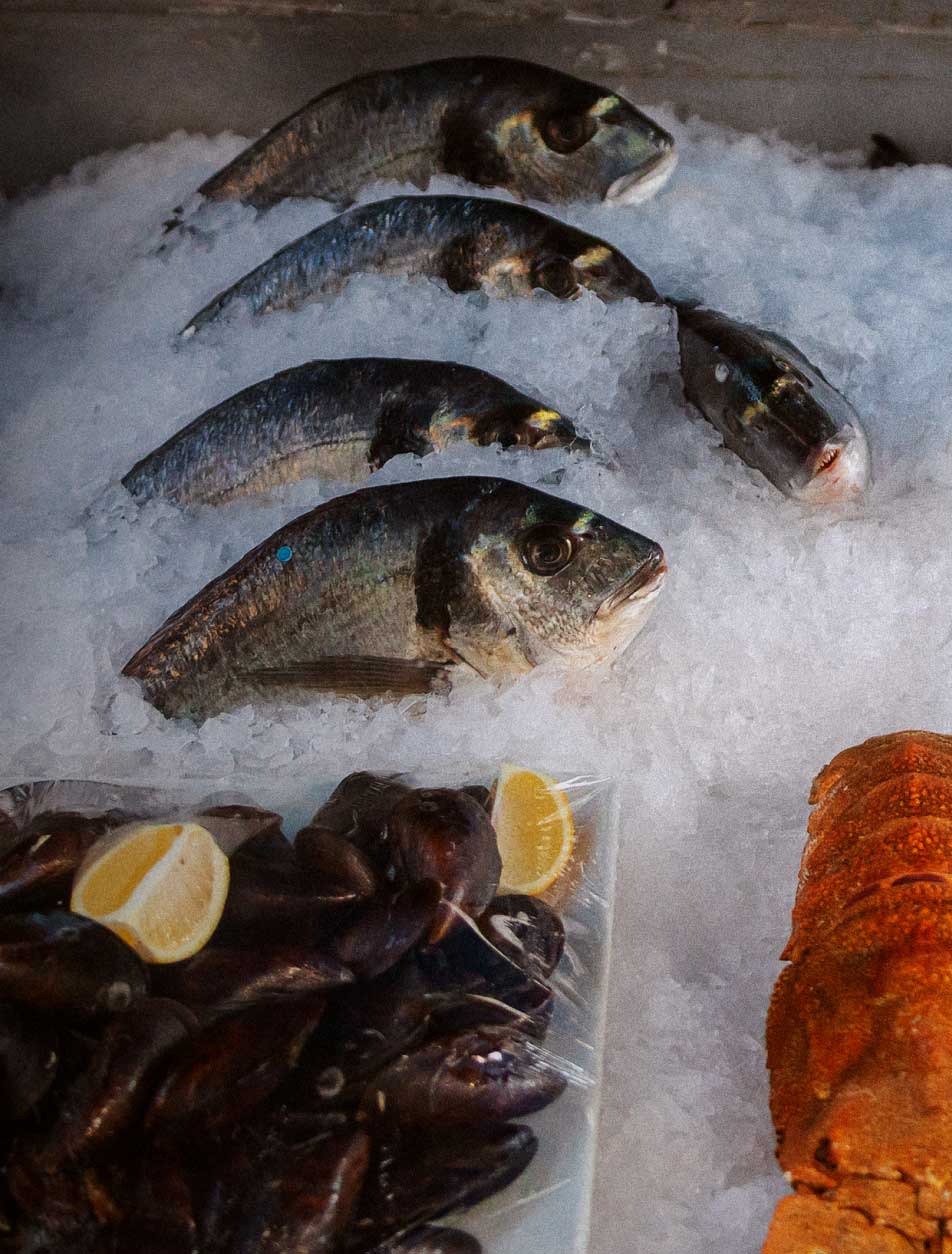
Gategroup has the power and responsibility to stop permitting these extreme cruelties in its supply chain. The public expects better, and animals deserve to live free from this egregious and unnecessary suffering.
It’s time for Gategroup to do what many other leading food companies have already done and put policies in place that ensure the Five Freedoms for animals in its supply chain.

